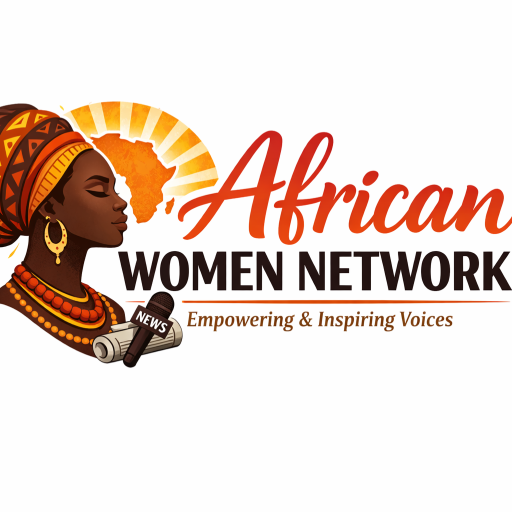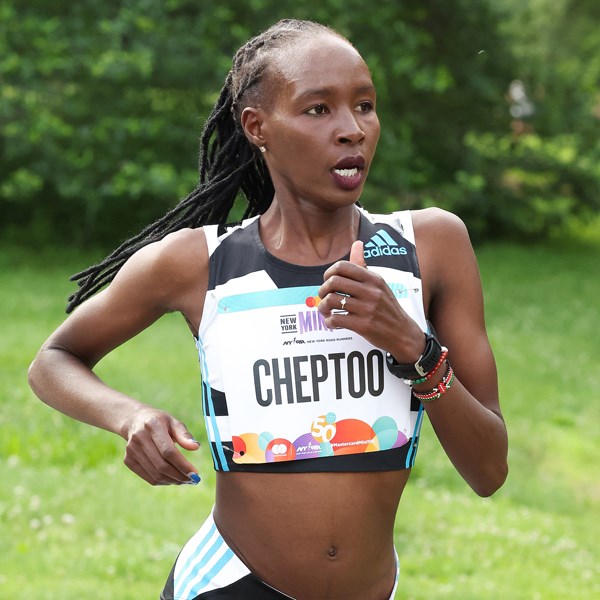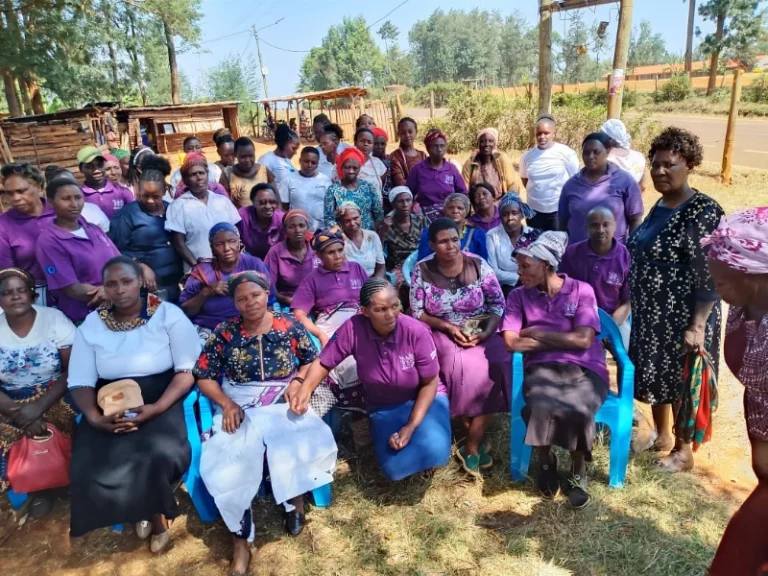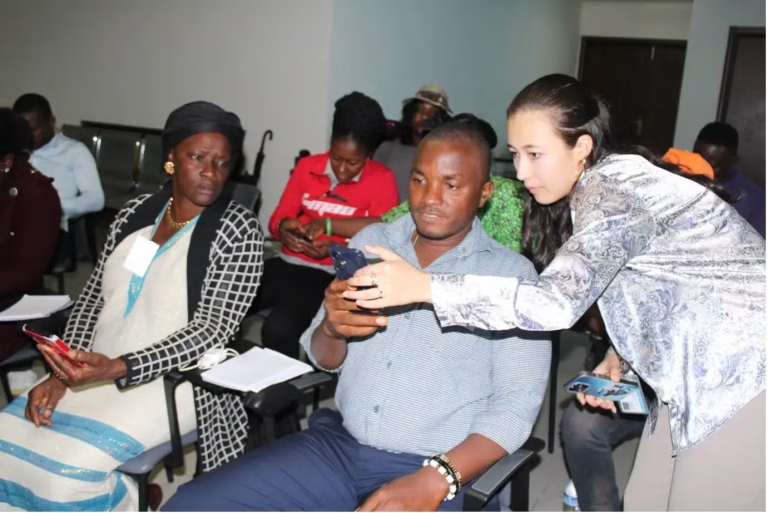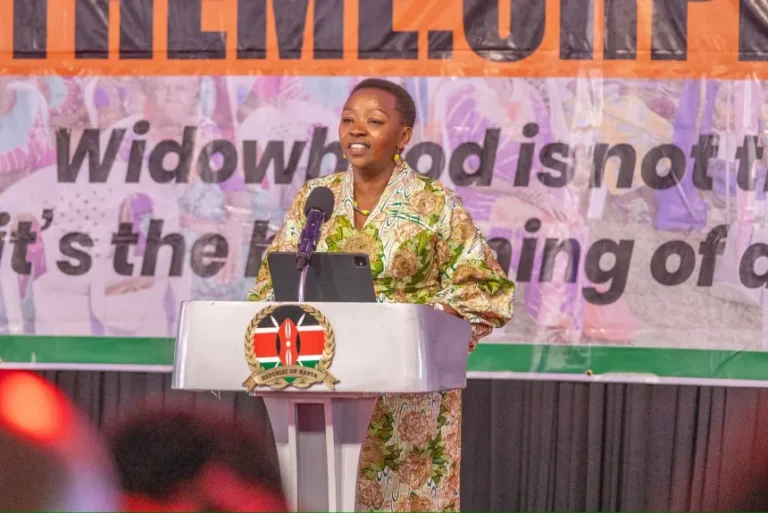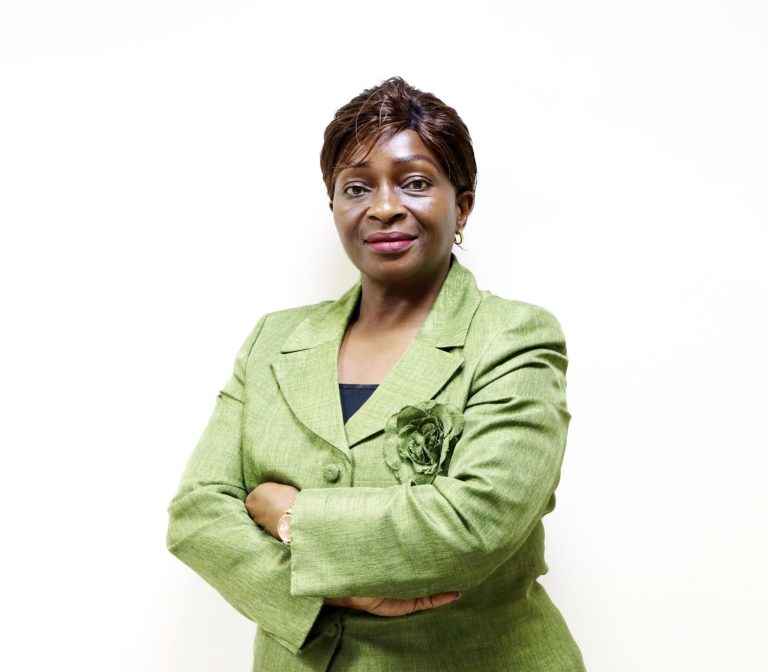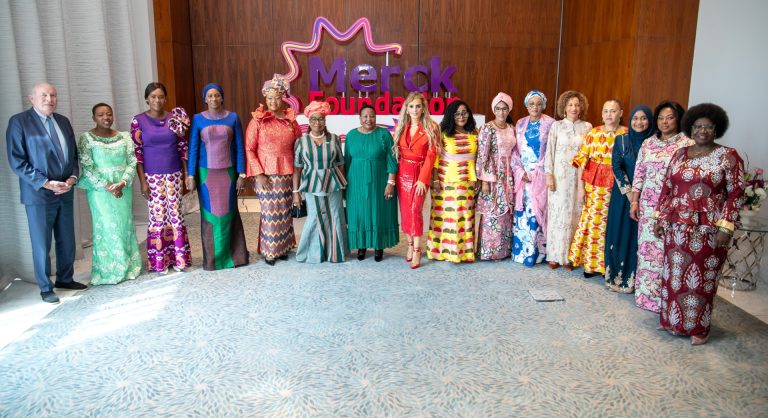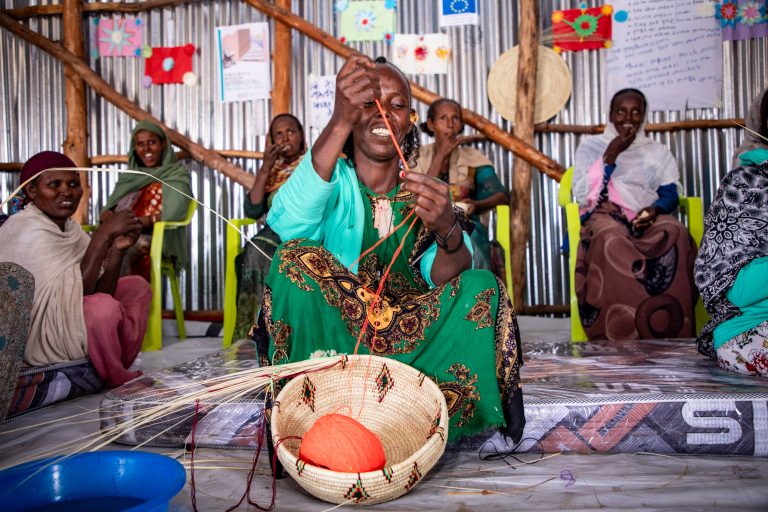Merck Foundation, in partnership with African and Asian First Ladies, has launched a new children’s storybook and...
Uncategorized
Kenyan marathoner and Tirop’s Angels co-founder Viola Cheptoo Lagat is redefining the fight against gender-based violence (GBV)...
Merck Foundation CEO and Kenya’s First Lady, H.E. Mrs. Rachel Ruto have expanded their collaboration to build...
Women beaders from four northern Kenya counties have donated over Ksh 4.6 million 5% of their annual...
GROOTS Kenya, an organisation dedicated to amplifying the voices of grassroots women, recently organised a Blue Economy...
UN Women , the Central Bank of Liberia and the Orange Foundation partner to accelerate financial inclusion...
Kenya on Monday joined the rest of the world in marking the 21st International Widows’ Day with...
Janerose Omondi has been appointed as the acting Chief Executive Officer and Executive Director of the Privatization...
The Merck Foundation, convened the 7th edition of its First Ladies Initiative Summit (MFFLI) in Dubai, bringing...
At the Maidimu internally displaced persons (IDP) site in Ethiopia, a quiet but powerful movement is reshaping...
